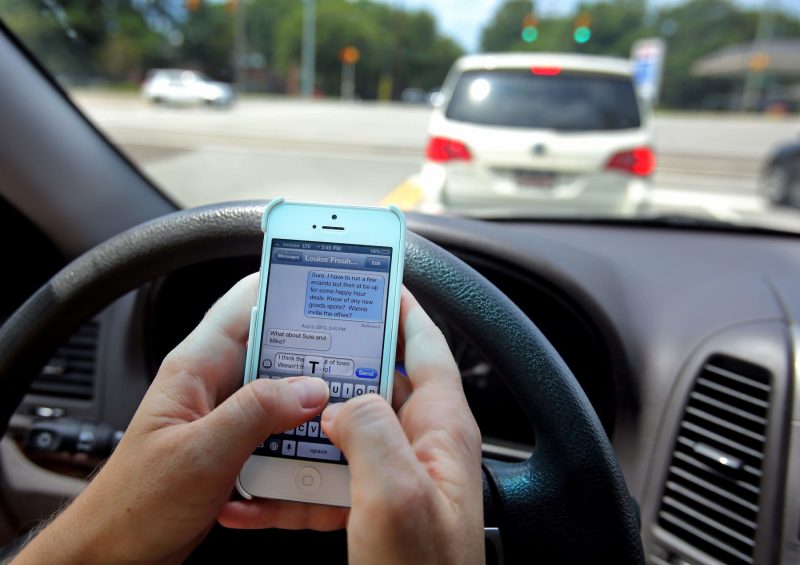This article discusses the primary difference between a typical car accident case and a car accident caused by distracted driving. Before discussing the difference, it is helpful to define what I mean by “distracted driving”. Generally speaking, distracted driving is engaging in any activity not necessary for the operation of the motor vehicle that causes a driver to take their eyes off the road for an extended moment of time (at least 2 seconds).
Obviously, the most common reason for distracted driving is the use of a cell phone behind the wheel. While there are other form of distracted driving that are just as dangerous as cell phone use, it has become clear that cell phone use while driving represents the single biggest threat on the roadway today. In fact, because Americans spend so much of their time driving, and cell phone use is habit forming and addictive, there exists a new universe of risk of epic proportions.
Highest Degree of Care
Because driving is inherently can be dangerous, drivers owe a duty to their passengers and others on the road to exercise the highest degree of care while operating their motor vehicle. When a driver fails in their duty to exercise the highest degree of care, in the legal world we refer to that driver as “negligent”.
However, when it comes to distracted driving, a driver who causes an accident because they were engaging in distracted driving, I believe that these drivers are guilty of something more than just ordinary negligence. To me, a distracted driver who causes harm is guilty of “gross negligence”.
I take on cases of distracted driving in the civil courts with the objective of proving the distracted driver is “grossly negligent”. I prove this by not only proving the driver failed to use the highest degree of care, but also they knew their conduct was dangerous and subjected others to an unreasonable risk of harm. When so Another reason that distracted driving cases may involve aggravated liability is because many drivers lie to police offices and during civil legal proceedings regarding what caused them to be involved in a crash. When an attorney works on the case and can successfully prove that the distracted driver was not honest about the cause of the crash, then this helps in proving a case of aggravated liability.
Another reason that distracted driving cases may involve aggravated liability is because many drivers lie to police offices and during civil legal proceedings regarding what caused them to be involved in a crash. When an attorney works on the case and can successfully prove that the distracted driver was not honest about the cause of the crash, then this also helps in proving a case of aggravated liability.
Changing the Driving Culture
If we are going to make a difference in reducing the number of drivers who are distracted, victims of distracted driving and their attorneys must be very diligent in proving aggravated liability, in other words fault that is aggravated by the fact that they knew or should have known that the dangerous conduct represents a substantial risk of harm to others. As attorneys for distracted driving victims posture the case as one of aggravated liability, we will be able to convince insurance companies, driving safety stakeholders, and the public at large that distracted driving is socially unacceptable conduct.
In this way we can villainize distracted driving in the same way we have villainized drunk driving. As a result, drivers will be less willing to pick up the phone while driving. In turn, other drivers will be inclined to drive more defensively to combat the threat of the distracted driver.






